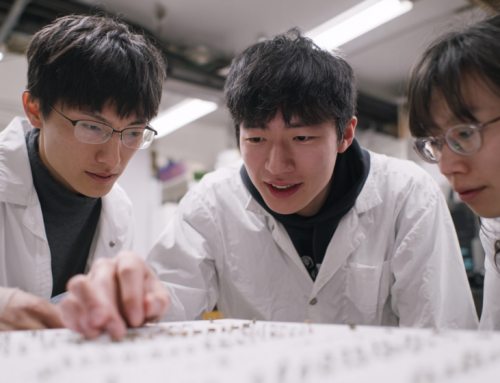
Chattanooga, Tennessee, and other mid-sized cities are emerging as unexpected winners in the AI economy, leveraging educated workforces, affordable living and advanced tech infrastructure to attract start-ups and integrate generative AI across industries like logistics, customer service and local governance. (Source: Image by RR)
Generative AI Adoption Transforms Operations in Trucking, Shipping and City Governance
As generative AI technology reshapes the American economy, mid-sized cities like Chattanooga, Tenn., are emerging as unexpected beneficiaries due to their educated workforce, affordable housing and industries less prone to disruption by AI. A recent study by labor economists Scott Abrahams and Frank Levy highlights how cities in the Midwest, South, and Mid-Atlantic are well-positioned to harness AI for productivity gains, unlike traditional tech hubs that face higher risks of job automation. Cities such as Dayton, Ohio, and Scranton, Pa., share similar advantages, enabling them to attract tech-enabled businesses and skilled workers.
Chattanooga exemplifies this trend with its thriving tech ecosystem, anchored by EPB, a city-owned utility offering some of the world’s fastest internet and a commercial quantum network. The city government is leveraging AI-powered chatbots to simplify civic processes, while local start-ups, like Truck Parking Club and Shappi, integrate AI to enhance operations. These businesses, as reported in nytimes.com, benefit from Chattanooga’s strategic location in “Freight Alley,” robust logistics network and supportive environment for innovation, making it a magnet for entrepreneurs.
Truck Parking Club, a start-up connecting truckers to parking spaces nationwide, and Shappi, a marketplace for shipping goods to South America, have embraced AI for customer service and operational efficiency. Both companies highlight Chattanooga’s affordable living and talent pool as critical factors in their decision to relocate from larger cities. The city’s emphasis on blending human expertise with AI has enabled businesses to optimize operations without sacrificing personalized service.
Despite AI’s transformative potential, local leaders and entrepreneurs stress the continued importance of human involvement. Shappi’s co-founder, Karla Valdivieso, emphasizes that while generative AI has enhanced productivity, it complements rather than replaces human workers. Mayor Tim Kelly and other officials remain focused on preparing Chattanooga’s workforce for a future where AI serves as a tool to empower industries and residents, ensuring sustainable growth in this new technological era.
read more at nytimes.com







Leave A Comment